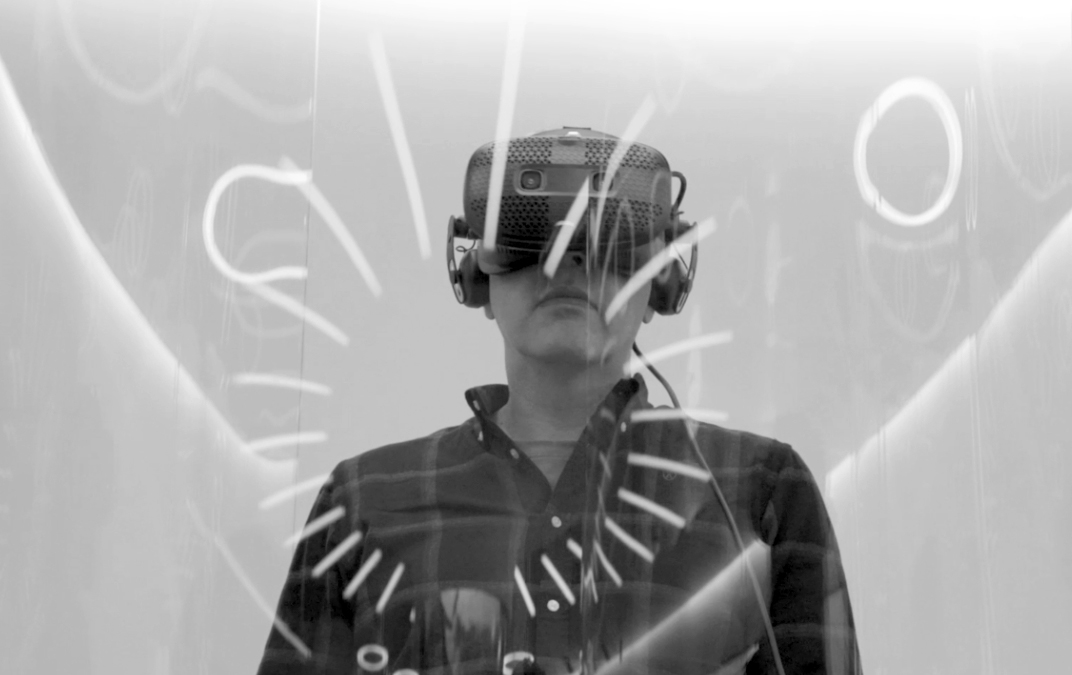Emotion as a differentiating factor
- Date
- Written by Miguel Pereira
A few weeks ago, Mark Zuckerberg made a statement that has echoed throughout our industry on a global scale: very soon, Meta’s artificial intelligence will be able to handle the entire advertising process—from creation to execution and optimization—without human involvement. All it will take is an objective and a budget. The rest will be done by the machine, delivering optimal results. Just like that. A direct threat to the very heart of our industry: creativity.
The promise is undeniably seductive for advertisers: total optimization, seamless scalability, predictable ROI, endlessly sequenced campaigns on demand, continuous improvement, absolute efficiency. But it’s also an incomplete promise.
Because beyond the tech-driven excitement, there’s an unshakable truth: brands aren’t built with prompts, or through optimized text and images. They’re built with emotion, with intuition, with risk. They’re built with soul.
The Times journalist Johnny Hornby, founder of the agency The&Partnership, responded to Meta’s narrative with this: “AI can write ad copy, but it can’t have a big idea. It can’t capture the essence of a brand, or spark a real emotion.”
To understand this, just look at the last ten Grand Prix winners of the Efficacy Awards in Spain:
• 2024 – El robo del Fin de Año (Estrella Galicia & Netflix)
• 2023 – Cupra (Cupra)
• 2022 – Haz algo que te quite el sueño (Pikolin)
• 2021 – Con mucho acento (Cruzcampo / Heineken)
• 2020 – Medidas concretas Bankinter (Bankinter)
• 2019 – Aprendemos juntos (BBVA)
• 2018 – Conduce como piensas (Toyota)
• 2017 – Campaña de Navidad (Audi)
• 2016 – Justino (Loterías & Apuestas del Estado)
• 2015 – IKEA Navidad (IKEA Ibérica)
I don’t believe any of these campaigns—and I emphasize, not a single one—could have been generated today, or in the coming years, by Meta’s AI or any other tech company’s. Because each of them is rooted in unexpected angles, in bold creative decisions that break the mold, in deeply human emotional connections. They are all the result of judgment, experience, culture, sensitivity. Of human talent.
And yet, there’s a growing temptation among many brands: to give in to the promise of automated performance. After all, we live in the age of performance marketing, ARPU, constant optimization, and continuous improvement. And it makes sense—AI tools are proving incredibly valuable for conversion-driven campaigns. No one should dismiss them. I certainly don’t. Brands will absolutely benefit from this approach, and yes, there will be an undeniable impact on the industry. Let’s not kid ourselves—AI is going to change our field.
But we’re not shifting from black to white in absolute terms. Nilay Patel, editor of The Verge, offered a sharp critique of Zuckerberg’s model: “I’ve never heard anyone go so far as to say, ‘connect us to your bank account and accept the results we give you.’ That would wipe out the advertising industry as we know it.”
When Patel shared these ideas with agency and media leaders, the reactions were telling. One agency CEO hit the nail on the head: “Brand safety is already an issue, but what’s truly unsettling is that notion of ‘accept the results we give you.’ No one’s going to trust a platform that grades its own homework.”
There’s also the growing problem of sameness. Meta wants brands to hand over the creative wheel to an AI that will drive at full speed… but down a highway where every car looks the same.
And that’s the crux of the issue: we’re in the business of differentiation. In a future where every brand in a given sector uses the same AI technologies, the same algorithms, and the same performance improvements—what’s left to set one apart? When everyone optimizes the same way, no one stands out.
The only way to gain market share, to exponentially expand reach, to achieve that +1,000% engagement, will be by doing something truly great. Something that doesn’t stem from efficiency, but from emotion. Something not born from benchmarking, but from a bold, human, different perspective.
None of this is present in Zuckerberg’s narrative—because his narrative is built on the logic of scale, not the logic of soul.
I believe that once this fever around AI as a total solution passes, we’ll look at creativity and brand building with the respect they truly deserve. The pendulum will find its balance. And then, artificial intelligence will be a powerful tool—in both directions of the swing. But it won’t be the origin; it will be the ally. It’ll be the engine, not the steering wheel.
I don’t deny that the day may come—perhaps years from now, I can’t say when—when artificial general intelligence will be able to simulate human thought. And I choose that word carefully: simulate. But we are much farther from that point than Silicon Valley would have us believe.
In the meantime, the only thing truly capable of touching a person’s heart is still another person.

